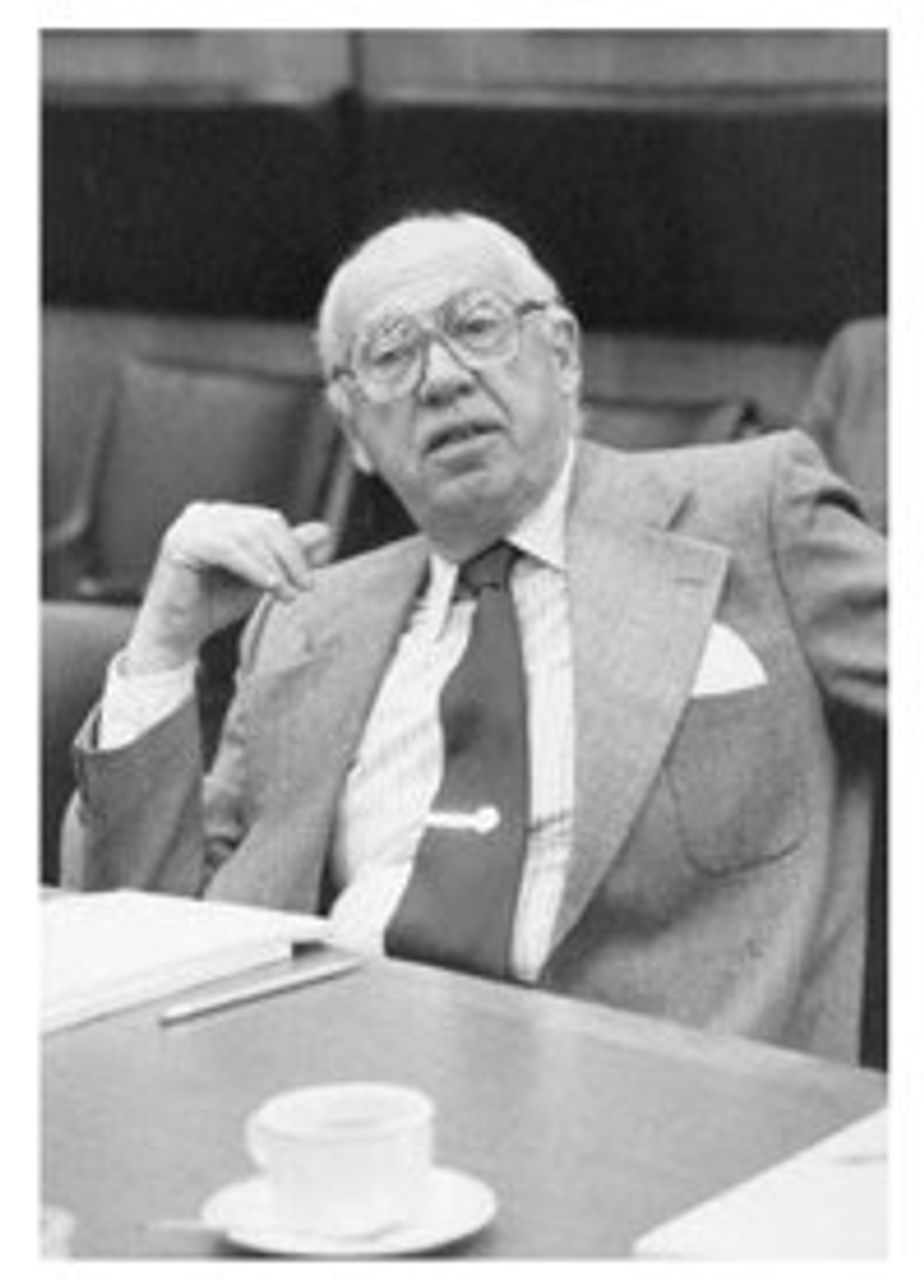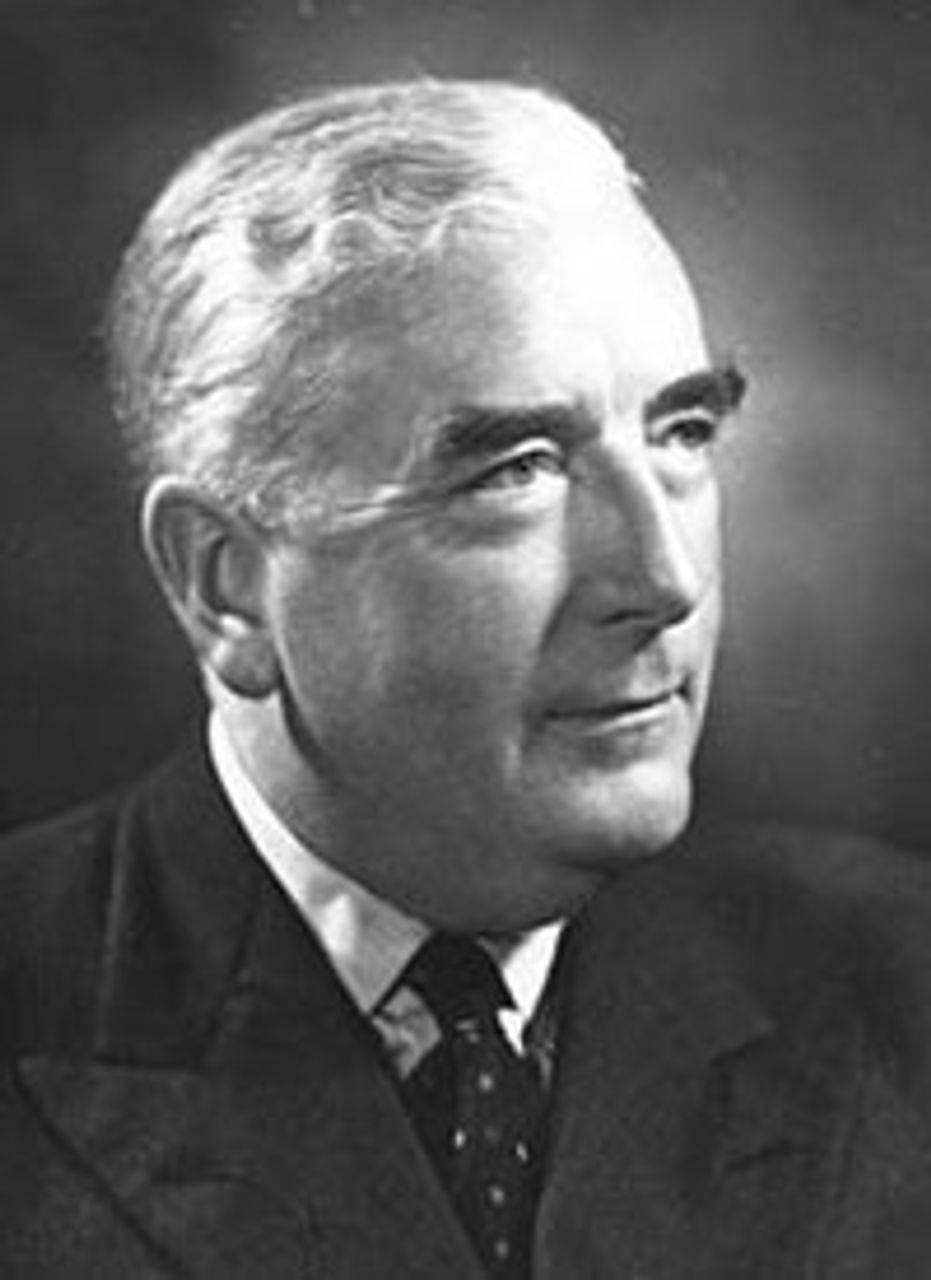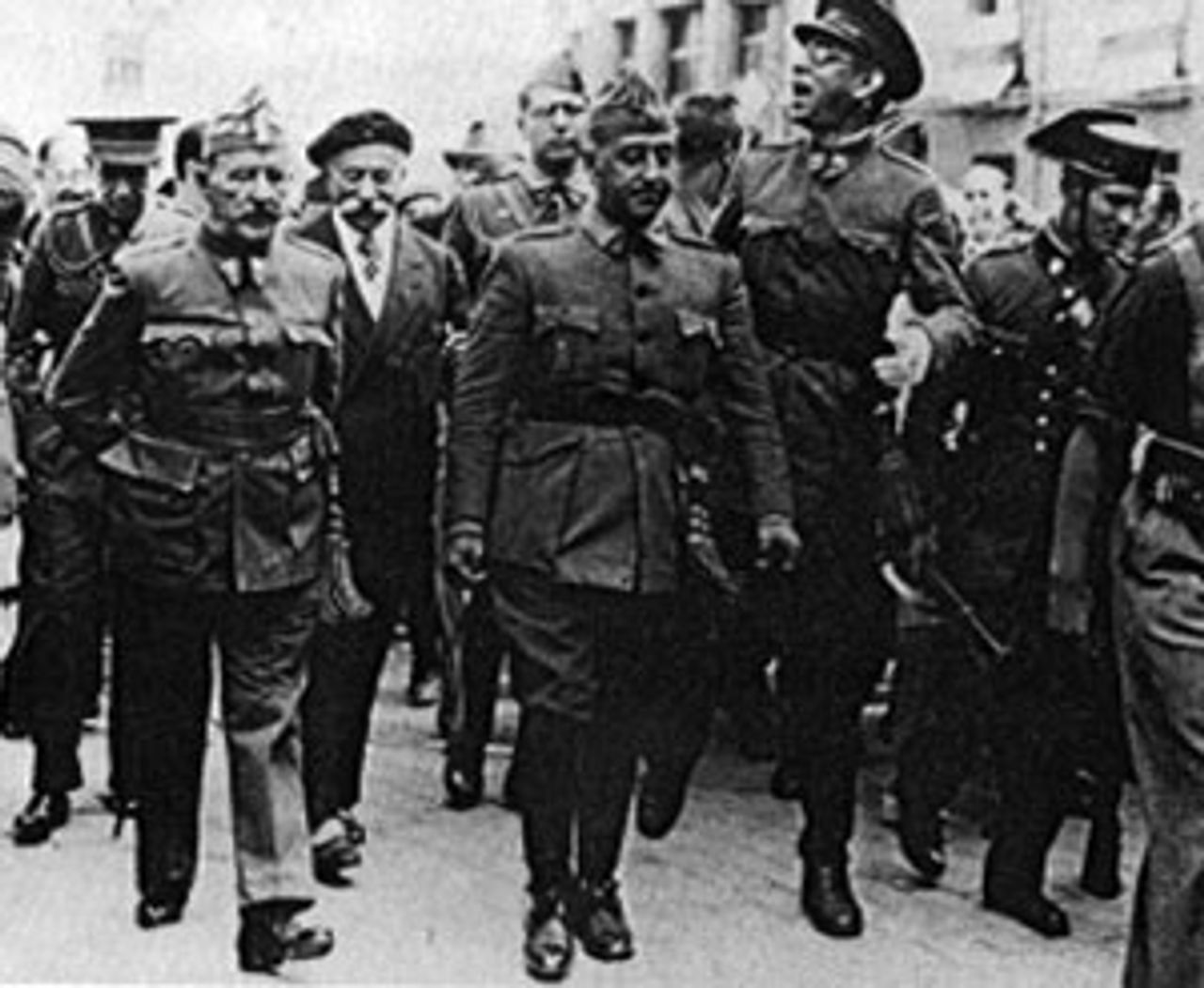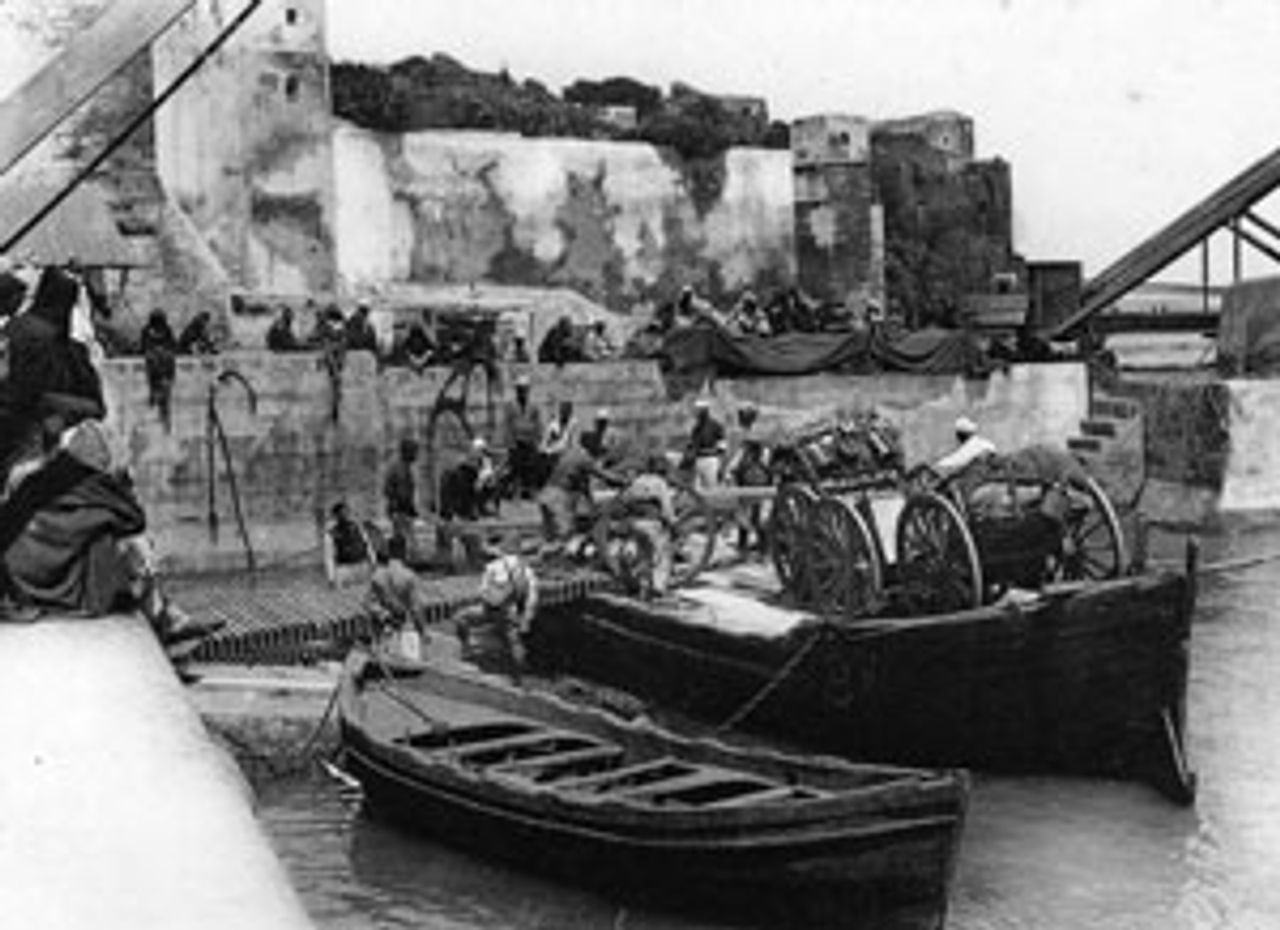This Week in History provides brief synopses of important historical events whose anniversaries fall this week.
25 Years Ago | 50 Years Ago | 75 Years Ago | 100 Years Ago
25 years ago: CIA takes over covert operations in Nicaragua
 CIA Director William Casey
CIA Director William CaseyOn July 11, 1986 it was announced that the Central Intelligence Agency (CIA), acting under the State Department, would take over US operations in Nicaragua aimed at toppling the nationalist Sandinista government in Nicaragua. Assistant Secretary of State for Inter-American Affairs Elliot Abrams was to oversee the war.
The CIA had run the dirty war in Nicaragua after the Sandinistas came to power in 1979, primarily by arming, training, and guiding Contra death squads whose aim, as a US-produced training manual made clear, was to terrorize the population into submission. But the CIA was ostensibly relieved of its duties in 1984 in the wake of the Boland amendments, which forbade the federal government to supply the Contras with arms or to seek the overthrow of the Nicaraguan government. Behind the scenes the Reagan administration was violating the Boland amendments by secretly selling arms to Iran, then embroiled in a bitter war with Saddam Hussein’s Iraq, and using the proceeds of the sale to finance military supplies to the Contras.
Washington looked to the Nicaragua operation as a chance to return to the era, before Watergate and the exposures of CIA assassination plots in the early 1970s, when the CIA acted with impunity all over the world. Of CIA Director William Casey, an unnamed White House source was quoted as saying, “He is dying for [the operation in Nicaragua]. If we win, he can walk away with an agency that is rehabilitated to the best days of the Cold War, able to conduct wars and throw governments out.”
50 years ago: Australia demands UK stay out of Common Market
 Robert Menzies in 1941
Robert Menzies in 1941On July 11, 1961, Australia issued a strongly worded communiqué demanding that Great Britain stay out of the European Economic Community (EEC, or Common Market) and remain fully committed to the Commonwealth, the tariff organization that included many nations formerly a part of the British Empire. New Zealand, which still sold over half of its exports to the UK, also made public its opposition to British Common Market membership.
The statement, which was jointly issued with British Commonwealth Secretary Duncan Sandys, took five days to draft, reportedly held up by the insistence of Australian Prime Minister Robert Gordon Menzies that it forcefully warn of “severe political consequences” for the Commonwealth if Britain joined the Common Market. Britain should not join the EEC at “the cost of division within the Commonwealth,” the statement read, adding “or elsewhere in the free world,” in a clear reference to the potential strain on the close alliance between the US and the UK.
The Common Market then included West Germany, France, Italy, the Netherlands, Belgium, and Luxembourg. Certain British economic interests were pushing for entry, which would lower trade barriers to the large European markets. There was a great deal of economic gloom in Britain and in the cabinet of Tory Prime Minister Harold Macmillan, which was on the cusp of putting in place major austerity measures. The EEC economies were growing much more rapidly than that of the UK, particularly in the area of industrial production for export—so much so that the “balance of payments deficit and the stability of the pound sterling [is] heading for its worst crisis in about a decade,” according to one contemporary media account.
Speculation in Europe had been that the UK would apply for EEC membership. But opposition in the Commonwealth and within the Macmillan government assured that any application’s chances for success would likely be fatally compromised by demands for special treatment from London. Such concessions France, in particular, was not prepared to accept.
75 years ago: Franco leads fascist coup in Spain
 Gen. Francisco Franco
Gen. Francisco FrancoOn July 17, 1936, General Francisco Franco took command of an uprising based in the colony of Spanish Morocco, and issued an appeal to the army throughout Spain to join him in overthrowing the liberal Republican government in Madrid.
As Felix Morrow described these events in the opening chapter of his Marxist study of the Spanish Civil War, Revolution and Counter-revolution in Spain, “In the next three days one by one, almost all of the fifty garrisons in Spain declared for Fascism. The basic sections of the capitalists and landlords, fled into Fascist-held territory or out of Spain either before or after the rising. It was immediately clear that this rising had nothing in common with the pronunciamento movements whereby the Spanish army had so often supported one bourgeois faction against another. It was not a ‘handful of generals’, but the ruling class as a whole, which was directing its armed minions in an assault, above all, against the economic, political and cultural organisations of the working class.”
Only five years earlier, in 1931, a Spanish republic was established that enacted certain democratic measures. Yet even these tepid reforms threatened the existence of capitalist private property in the Iberian state. Land and religious reform challenged not just the wealth of the Church and the landowners, but of the financial and business elite to which they were intimately connected. The liberal bourgeoisie in the Popular Front government represented parts of the ruling class, most of whom were already in the process of going over to fascism, a fact which explains, in part, why the Popular Front in Spain came to rely so heavily on the Stalinists.
The Popular Front government had left the army and the officer corps intact. This was not a miscalculation, but reflected the fact that even the liberal elements in the ruling class recognized their authority ultimately rest with the military. In this way the Franco coup was the most searing indictment of the working class and left organizations in Spain—the Socialists, Stalinists, anarchists, trade union organizations, and the POUM, the product of Andres Nin’s break with Trotskyism and formation of a centrist grouping—which had backed a capitalist government that had left the repressive power of the state untouched. Now this military, under Franco and imbued with fascism, was to be turned loose on the working class.
The Popular Front, Trotsky wrote, had “maintained the military caste with the people’s money, furnished them with authority, power and arms, and given them command over young workers and peasants, thereby facilitating the preparations for a crushing attack on the workers and peasants.”
100 years ago: War clouds in Europe and Asia
 Loading French artillery in Morocco, 1911
Loading French artillery in Morocco, 1911July 11-17,1911 was a week of sharp geopolitical tensions that threatened to ignite military conflicts in both Europe and Asia, with the potential for developing into a global war.
The Moroccan crisis between Germany and France continued. On July 15, 1911, German Foreign Minister Alfred von Kiderlen-Waechter summoned French ambassador Jules Cambon and demanded that Paris cede the French Congo to Germany in exchange for Germany’s withdrawal from Morocco.
In Britain, which together with Russia backed France in the crisis, newspapers and government sources began to complain that Paris had frozen it out of discussions with Germany. “We must remember that selfishness is the supreme factor in international politics and that nobody is really bound to defend England but herself” a British newspaper wrote. “There are a score of concessions France might make with Germany so long as they caused loss and detriment only to non-French interests.”
The Ottoman Empire, “the sick man of Europe,” showed new signs of disintegration. A force of Turkish soldiers was ambushed and defeated by Albanian rebels on July 15, killing about 200 Ottoman soldiers. On July 16, the Eastern Orthodox Patriarch of the Ottoman province of Armenia issued a number of demands, including the use of the Armenian language.
In the East, Japan secured or strengthened a series of agreements with the UK, the US, and Germany. On July 13 the Anglo-Japanese treaty was revised to recognize Japanese control of Korea in exchange for Japanese recognition of British control of India. The same day it was announced that Admiral Togo Heihachiro and a delegation of Japanese naval officers would visit President Taft in the US. On July 16 and July 17 Japanese commerce treaties with Germany and the US were approved.
